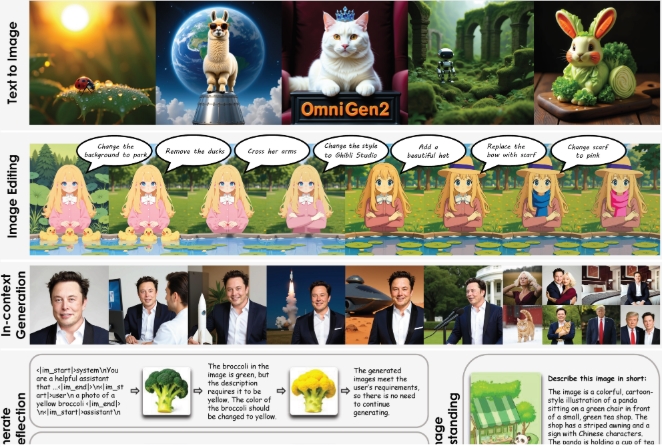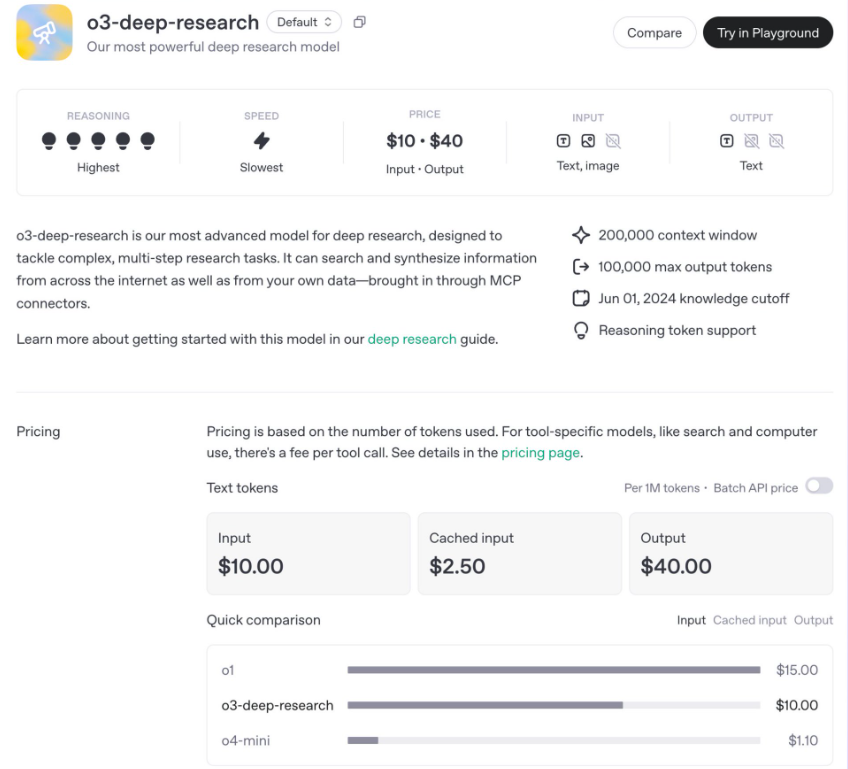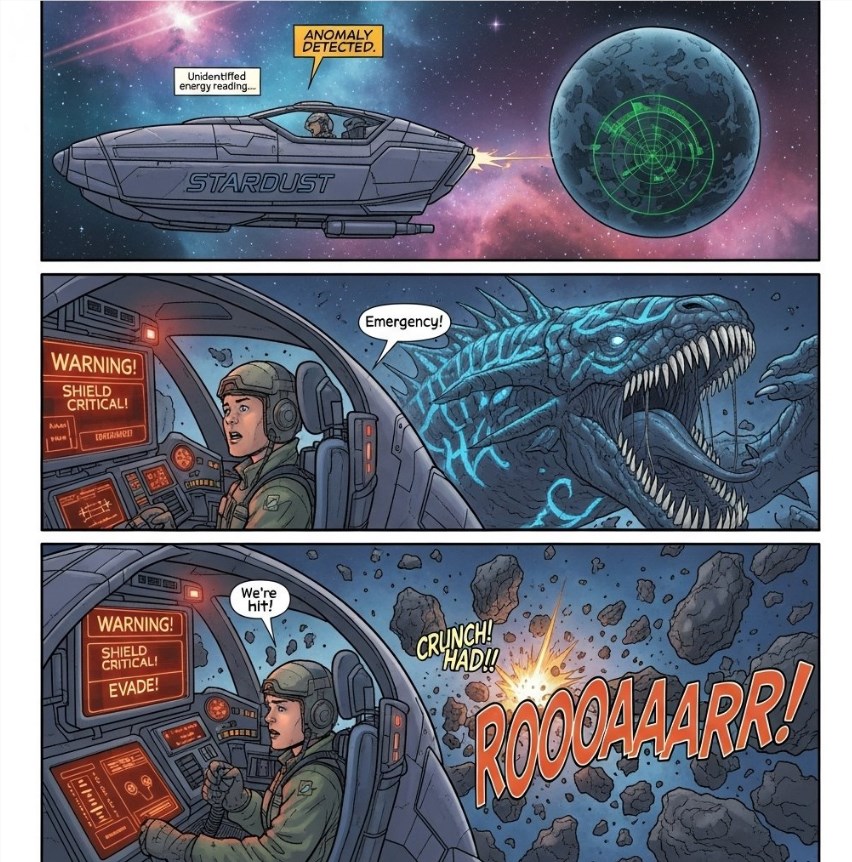OpenAI has announced the launch of its first artificial intelligence model focused on biological data—GPT-4b micro, aimed at helping humans extend their lifespan with a goal of adding 10 more years to human life. According to a report by MIT Technology Review, this model not only provides new perspectives for biomedical research but may also lead to unexpected scientific discoveries.
OpenAI has partnered with Retro Biosciences, a company founded in 2022 that focuses on developing new drugs to combat cellular aging. Professor Sheng Ding, a co-founder of the company, previously served as the dean of the School of Pharmaceutical Sciences at Tsinghua University. His team achieved a breakthrough in 2022 by successfully inducing stable culture of mouse pluripotent stem cells using small chemical molecules, a result that was published in the renowned journal Nature.

The focus of this collaboration is on the "Yamanaka Factors," a set of proteins proposed by Nobel Prize winner Shinya Yamanaka in 2006, which can convert skin cells into seemingly younger stem cells. However, existing methods are inefficient, typically taking several weeks with a success rate of less than 1%. Therefore, OpenAI developed the GPT-4b micro model to enhance the efficiency of cellular reprogramming by generating improved methods for the function of Yamanaka Factors.
The training data for this model includes a vast amount of protein sequences from various species and information on their interactions, which is significantly different in function from Google's AlphaFold, which is primarily used for predicting protein structures. Scientists at Retro guided the model to generate potential redesigns using "few-shot" prompts, and the results showed that approximately one-third of the amino acids suggested by the model underwent significant changes.
Preliminary experimental results indicate that two Yamanaka Factors modified based on the model's suggestions showed more than a 50-fold improvement in effectiveness. Retro CEO Joe Betts-Lacroix stated that the suggestions provided by the model are indeed significantly better than traditional methods. Although these research results have not yet been publicly published and cannot be verified by external scientists, OpenAI emphasizes that the success of this research could pave the way for new advancements in future cellular reprogramming technologies.
It remains uncertain whether GPT-4b micro will be released as a standalone product or integrated with other OpenAI models in the future. It is important to note that OpenAI has explicitly stated that CEO Sam Altman was not directly involved in this research, and the company's decisions are unrelated to his personal investments.






![Black Forest Shocks Open Source FLUX.1 Kontext [dev]: Image Editing Comparable to GPT-4o](https://upload.chinaz.com/2025/0627/6388661124441853705469566.png)
![Open Source Magic is Here! FLUX.1 Kontext [dev] Challenges GPT-4o, Bringing Image Editing into a New Era](https://upload.chinaz.com/2025/0627/6388661110722937329608910.png)

